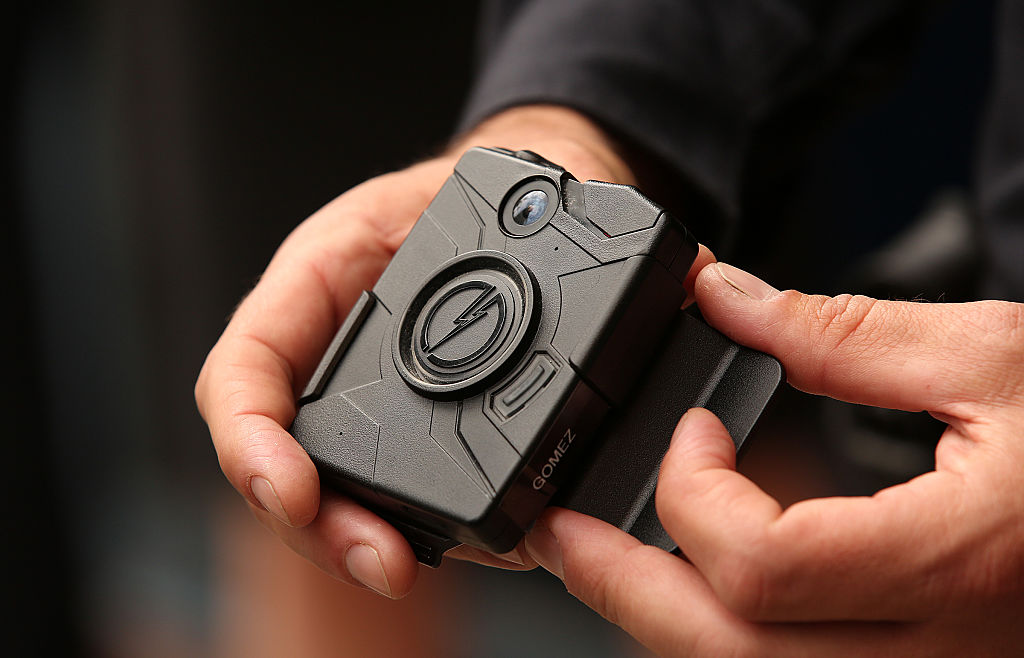
North Carolina Governor Pat McCrory signed legislation Monday — despite growing opposition — that will make it harder for citizens to obtain footage recorded by police on body or dashboard cameras. HB 972, which goes into effect October 1, requires a court order before body camera and dashboard footage can be released. The bill passed the North Carolina General Assembly easily with a 48-2 Senate vote and a 88-20 House vote.
Under the new law, people who have been recorded by police can only review footage of their interactions if they have consent from the police chief or sheriff. Law enforcement agencies will have full discretion over what footage will and will not be revealed; they may choose to cite any number of concerns (officer safety or reputation, whether confidentiality is “necessary to protect either an active or inactive internal or criminal investigation or potential internal or criminal investigation”) when making their decision.
Susanna Birdsong, Policy Counsel for the ACLU of North Carolina, released a statement on Monday. “Body cameras should be a tool to make law enforcement more transparent and accountable to the communities they serve, but this shameful law will make it nearly impossible to achieve those goals,” she said. “People who are filmed by police body cameras should not have to spend time and money to go to court in order to see that footage. These barriers are significant and we expect them to drastically reduce any potential this technology had to make law enforcement more accountable to community members.” Birdsong also encouraged “any person who has trouble obtaining or viewing body cam footage recorded by police” to contact the ACLU of North Carolina for assistance.
Body camera footage is not currently classified as public record in North Carolina, and police have often shielded footage from the public by claiming those recordings are part of personnel files.
“Technology like dashboard and body cameras can be very helpful, but when used by itself, technology can also mislead and misinform, which also causes other issues and problems within our community,” McCrory said. “What we need to do is walk that fine line.”
(Via News Observer)
